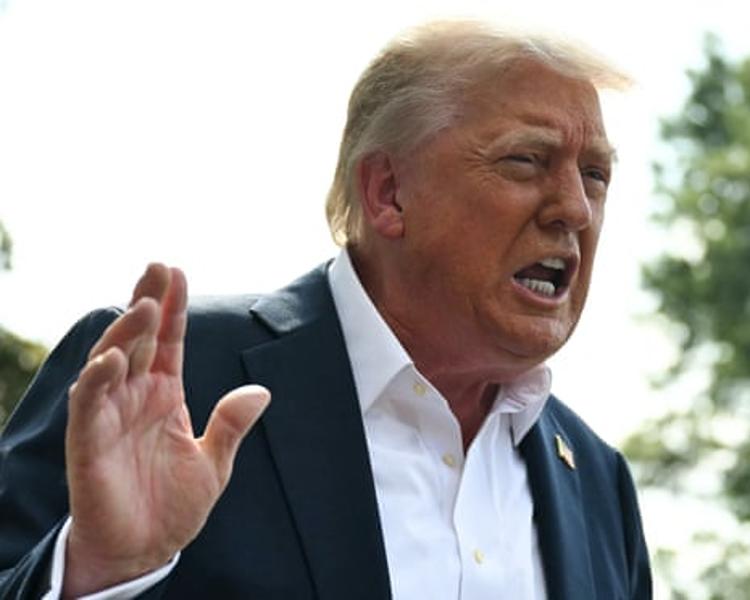EU will be reeling over how to tackle trade talks after Trump’s 30% tariff threat 


07-12 21:01Views 2294
The EU initially adopted a tough stance in trade negotiations with the US, openly criticizing the UK's minimal "bare bones" trade deal (covering only cars, beef, plane parts, and ethanol) as something they would never accept. Diplomats questioned its legality and vowed the EU would secure a more substantial agreement positioned between the UK's approach and a retaliatory stance like China's. They emphasized the risk to the international rules-based system and threatened tariffs on US services like X, Google, and Microsoft, alongside traditional targets like cars and alcohol.
However, by last week, the EU position shifted dramatically. The bloc abandoned its tough talk and secretly capitulated, seeking its own bare bones deal similar to the UK's. This deal offered a 10% tariff on most EU imports in exchange for relief from the US's 27.5% tariff on EU car exports and 50% duties on steel. The EU submitted this proposal to President Trump and has been awaiting his response since Wednesday.
The primary reason for this reversal was security concerns related to Russia. Following the mid-June NATO summit, EU diplomats conceded hard truths: the bloc lacks sufficient military capacity (aircraft, missiles, intelligence) to defend against a potential attack and would take 5-10 years to build it. Despite discomfort with perceived obsequiousness towards Trump, securing continued US weapons supplies for Ukraine was deemed essential. Diplomats acknowledged the negotiations were extremely tough and inseparable from broader EU-US relations, including continental security and the defense of Ukraine, highlighting the EU's dependence on the US for defense – a vulnerability Japan, which continued to "hardball," does not share.
President Trump's unexpected Saturday threat of 30% tariffs on the EU delivered a further blow to the bloc's confidence, coming after this significant concession.









































Related Comments(1528)